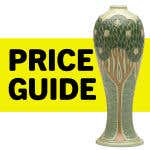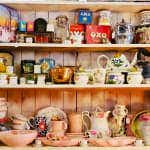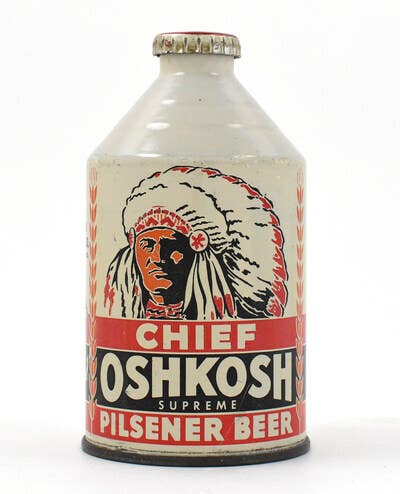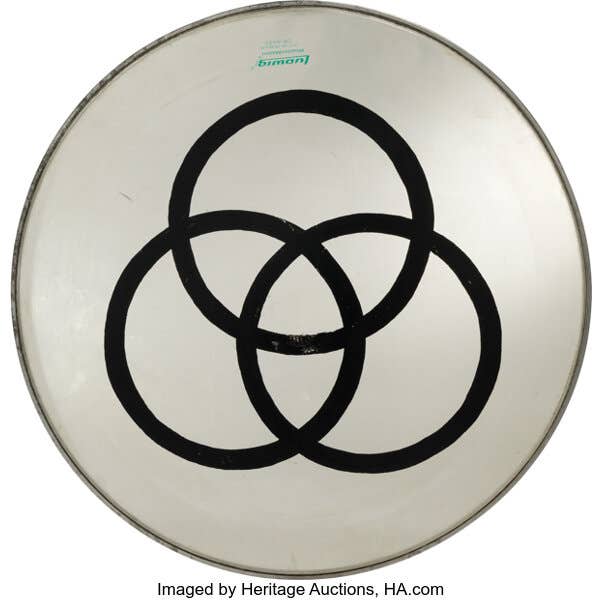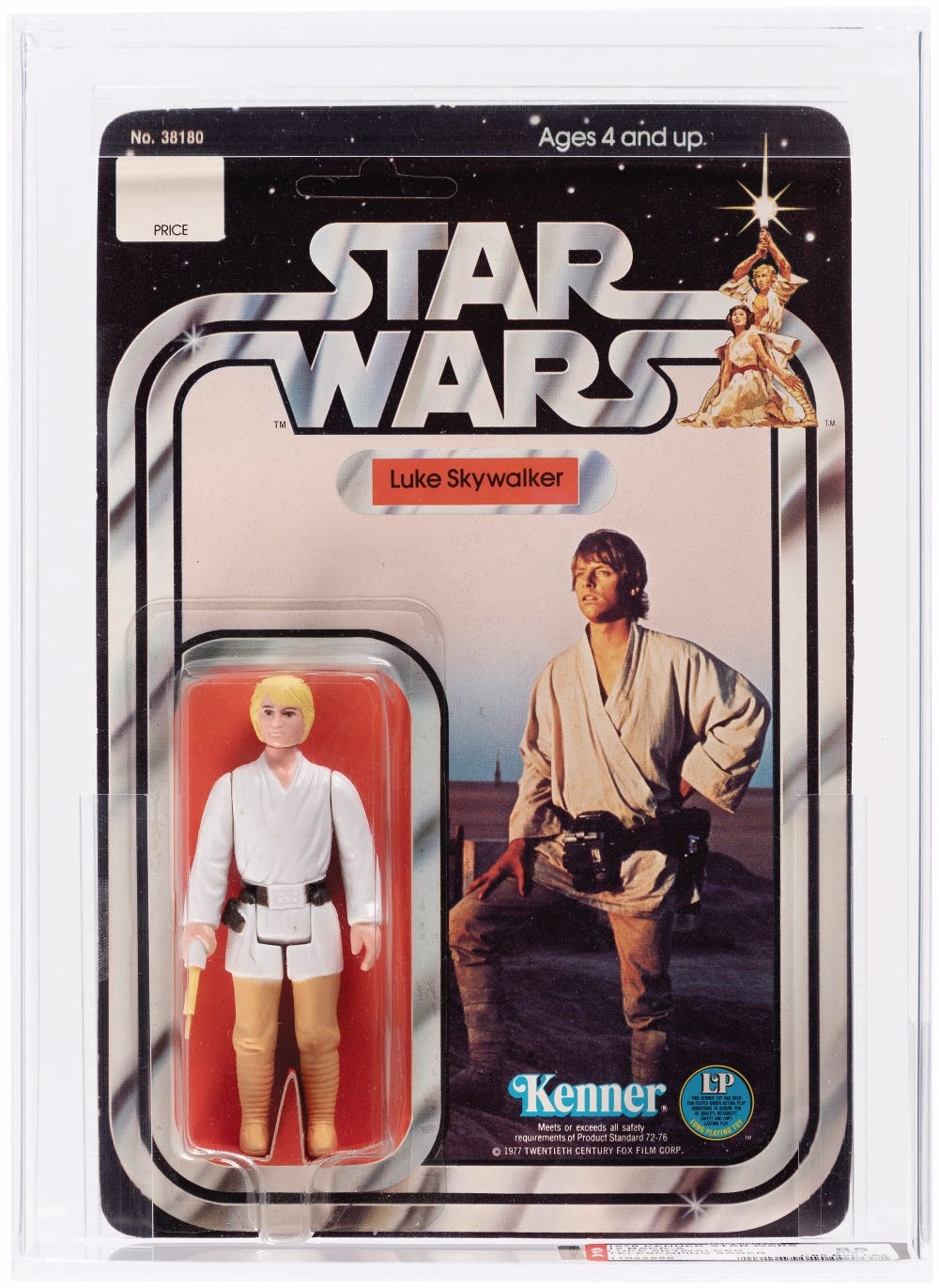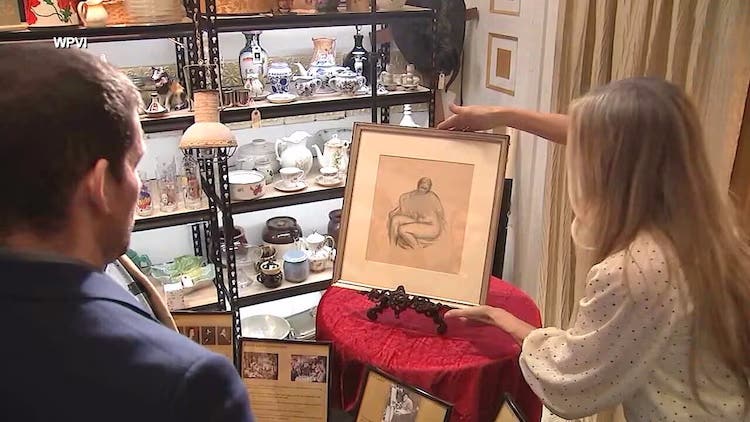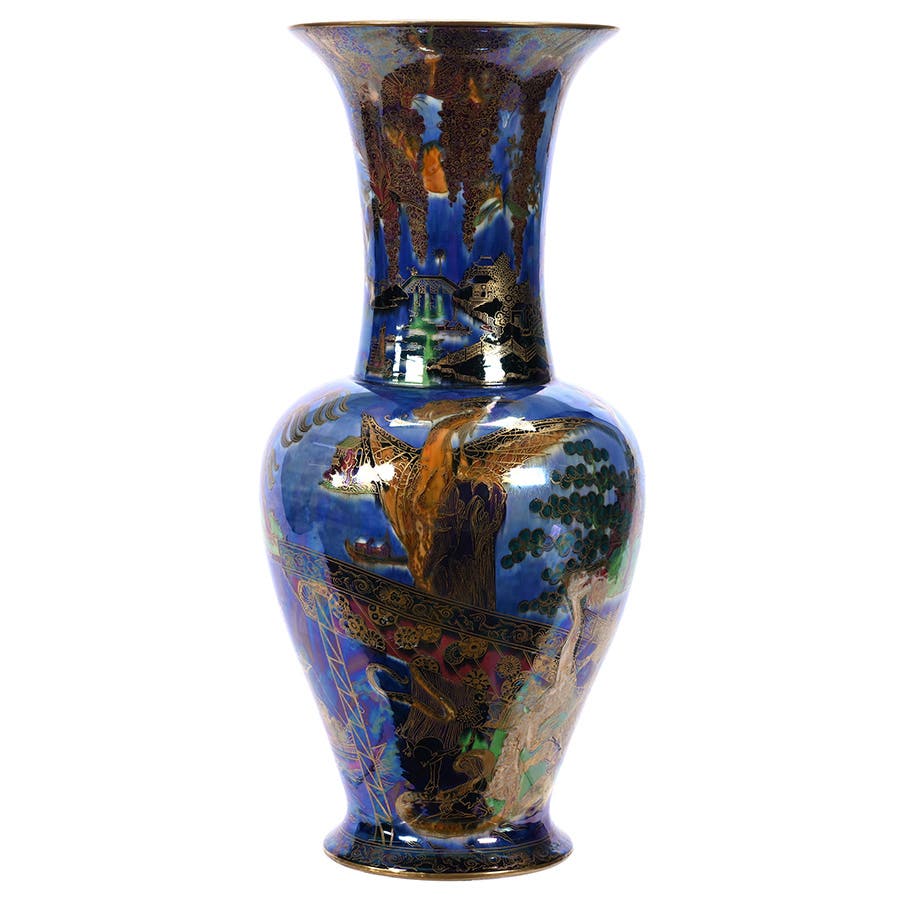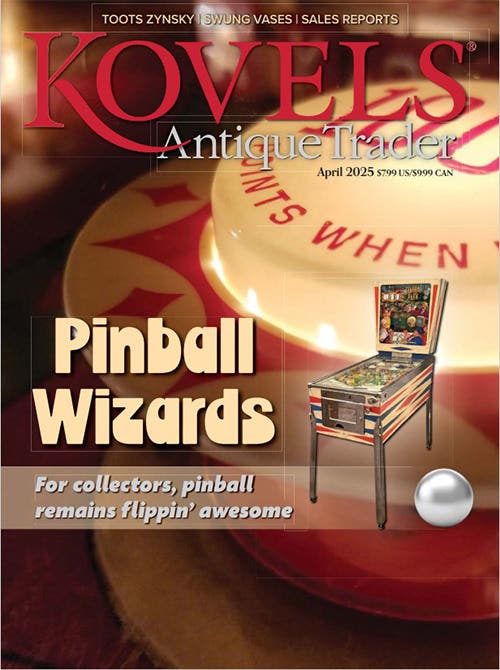Vampire Problem? Mysterious Kit Has Everything You Need to Slay ‘Em
The vampire-killing kit has everything needed to slay the mythical monsters.
This year has been so crazy thus far, would anyone bat an eye if vampires suddenly appeared? Well, OK - vampires may not actually exist, but vampire-hunting kits do.
One is in fact going up for bid at Hansons Auctioneers in the UK as part of its Antiques and Collectors Auction July 16-21, and will be sold on the last day of the auction. The vampire-slaying kit is complete with a pistol, crucifix, a 178-year-old Bible and various other talismans to fight the mythical monsters, including a bottle of shark's teeth. Encased in an ornate wooden box with brass ornaments and a crimson silk lining, the Derbyshire auction house has estimated its worth between $2,500 to $3,700.
The chest’s previous owner, who asked to remain anonymous, said in a statement on the auctioneer's website that he knows little of its history. “I have had it in my own collection for three years now. I bought it from a large antiques fair in Newark. I loved the look of the Gothic box and, when I opened it, I just had to have it. I thought it was so interesting — a great conversation piece,” he said.
The lid’s interior is affixed with enamel artwork depicting Christ’s resurrection, as well as an ivory carving of a wolf wearing a hooded cloak and carrying rosary beads in its anthropomorphized hands. The box has eight compartments that fit a copy of the New Testament from 1842, a pocketknife with a mother-of-pearl handle and blade made of hallmarked silver, a pocket pistol, pliers, crucifixes, rosary beads, and a few bottles, one containing shark’s teeth and another with “contents unknown.”
“The task of killing a vampire was extremely serious and historical accounts suggested the need for particular methods and tools. Items of religious significance, such as crucifixes and Bibles, were said to repel these monsters, hence their strong presence in the kit we have found," said Charles Hanson, owner of Hansons. “A belief in vampires and strange superstitions goes back even further and persists to this day."
People are fascinated by stories of vampires, hence their continued appearance in films and on TV today. They have been part of popular culture for more than 200 years. The publication of John Polidori’s The Vampyre in 1819 had a major impact, as did Bram Stoker’s 1897 classic, Dracula, followed by numerous modern movies and TV shows including the current FX comedy, "What We Do in the Shadows."
The question remains whether the slaying kit is bona fide or pricey kitsch, but vampire-killing kits are not uncommon. Although purposely aged vampire-hunting tools became a popular merchandising scheme in the 1970s by those who wanted to cash in on a trend of vampire-themed movies and television, Jonathan Ferguson, the curator of firearms at the Royal Armouries Museum, one of the oldest museums in the world, wrote that the first such kit was not documented for sale until 1986. He described his investigation into the authenticity of these kits, and why he chose to put one on permanent display at the museum. Although he also explained how he proved them to be fakes, he said they're nonetheless still valuable.
There has been debate regarding the origin of these objects. While some vampirists claim such kits were common in the eighteenth and nineteenth centuries, others believe that they were more likely assembled following the publication of Stoker's Dracula and marketed to travelers to eastern Europe. And though the kits are now widely considered by historians to be novelty curios, they come up for bid periodically at auctions and some have gone on to sell for thousands over the past 10 years, including several at Sotheby’s. One of these, attributed to a master craftsman, Professor Ernst Blomberg of Germany, sold for $26,400, although Sotheby's cautioned in its auction catalog that the existence of Professor Blomberg couldn’t be confirmed. “Also open to question is whether these kits were ever employed successfully in the killing of vampires,” Sotheby’s said.
In 2011, an unsigned vampire-killing kit, with 32 components including a map of Transylvania and no less than two crucifixes, brought $25,000 at the auction house. For a Blomberg kit that came up at Sotheby’s in 2012 and sold for $13,750, the catalog described it as “Continental, circa 1900 and later” and had no comment on whether the makers were fictional.
In 2019, a kit that appeared on History Channel’s "Pawn Stars" and is associated with a British artist who moved in the same circles as the creators of Sherlock Holmes and Dracula, was sold by New Jersey-based International Military Antiques for $24,995. That Vampire Defense Set includes everything from a matched set of pistols with silver bullets to wooden stakes and a mallet to drive said stakes through the heart of a blood-sucker.
Besides the vampire kit, Hansons online auction of antiques and collectibles also includes 19th-century silver tableware, trays and cups; compacts and snuff boxes; and jewelry such as brooches, lockets and rings — though only the vampire box is described as an object of "supernatural interest," according to the auction website.
For more information about the vampire kit and auction, visit www.hansonslive.co.uk or email service@hansonsauctioners.co.uk.
